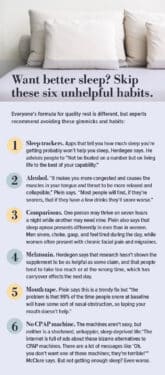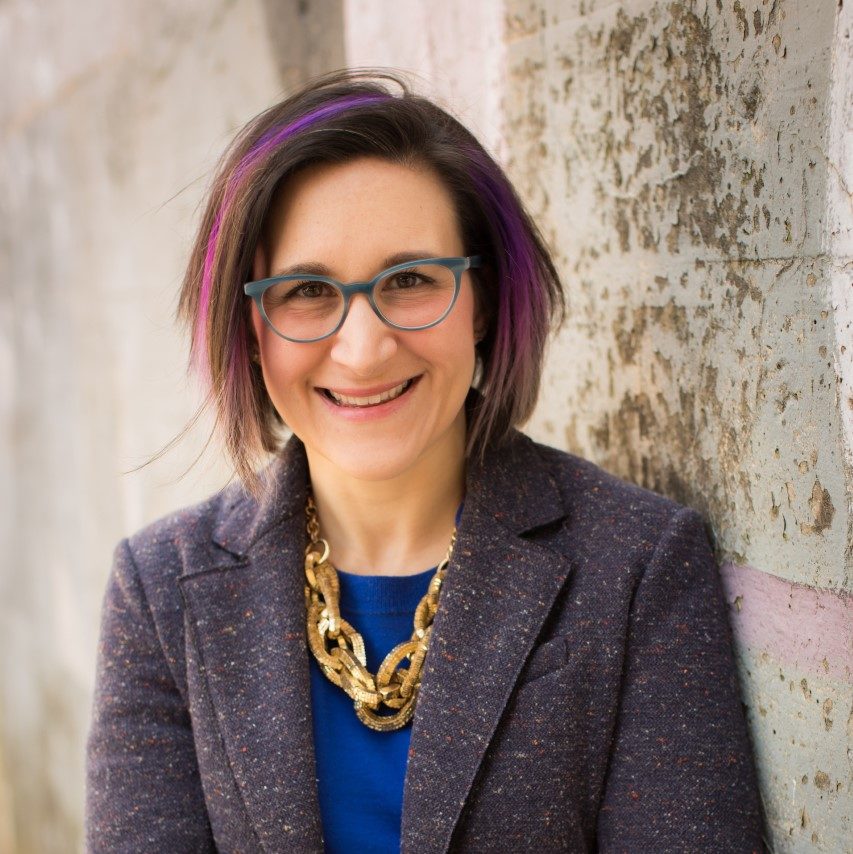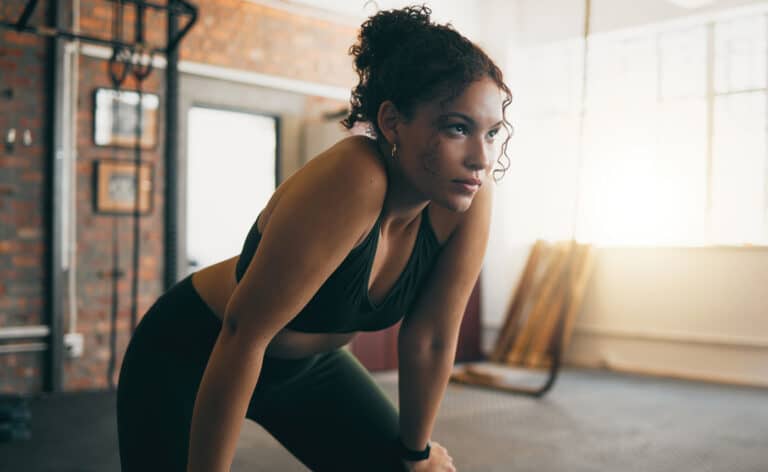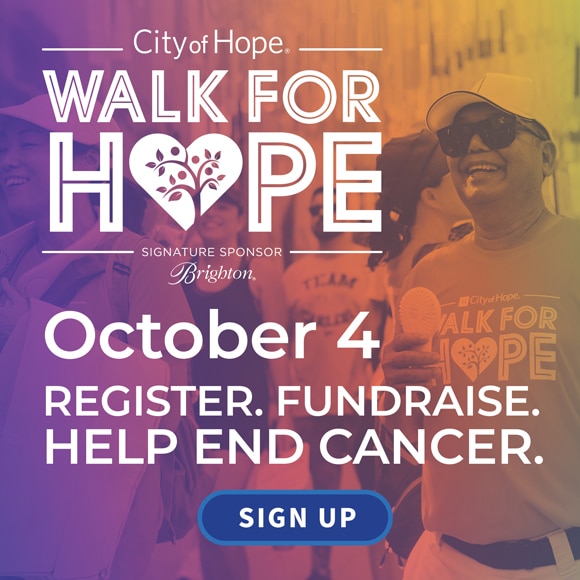Stress and environmental factors conspire against sleep, but help can make a lifetime of difference
Since buying his-and-hers CPAP machines, North Park residents Wendy McClure and Chris Sienko have saved a lot of money — on soundproofing.
“I used to buy these huge containers of earplugs every month,” says McClure, a 52-year-old book editor. Before Sienko, a 49-year-old podcast host, participated in a sleep study, his snoring would drive his spouse from the bedroom and make him miserable in the mornings.
McClure later realized that she had her own sleep issues, including insomnia and waking up with a gasp. After she got her own CPAP (continuous positive airway pressure), she noticed that she was using the bathroom less in the night and could stay awake for movies.
According to the National Institutes of Health, up to 19% of adults reportedly don’t get enough sleep, and as many as 70 million Americans have chronic sleep disorders.
The climate isn’t helping. This summer in Chicago was notable for the number of days with poor air quality, making sleep harder for people with allergies or breathing problems. Then there were national heat waves — another sleeping challenge, especially for people without air conditioning.
Sleep deprivation brings a host of short- and long-term effects: mental, physical, and social. “There are so many negative things that are linked to poor sleep,” says Colleen Plein, MD, a Kenosha-based ear-nose-throat specialist (otolaryngologist) at Sinus & Snoring MD Clinic. Plein rattles off a list of health issues: dementia, heart attack, stroke, and high blood pressure. Research has also shown links between poor sleep and depression, anxiety, and even attention deficit disorders (people with ADHD often have malfunctioning circadian rhythms).
People with busy schedules, insufficient insurance, or who don’t want to run the risk of being judged for their habits often eschew medical help for sleep issues. But the effects of doing that range from debilitating to deadly.
“When we’re sleep deprived, we may feel tired, but we don’t appreciate how impaired we are,” says James Herdegen, MD, director of Rush University’s Sleep Disorders Service and Research Center. “We overcompensate by doing other things and have less understanding of how impaired we actually are unless you bring [patients] into a lab.”
He adds that sleep deprivation leads to broader public health issues. Disasters such as the nuclear meltdown at Three Mile Island; the Exxon Valdez oil spill; and several car, plane, and train crashes have been traced to operator fatigue. Herdegen’s research has even shown how sleep deprivation can affect police performance.
Bring in the sleep experts
If you fall asleep frequently during the day in places that aren’t your bed, rely on over-the-counter sleep aids, have difficulty getting out of bed, or your partner tells you your snoring is out of control, consider seeing a sleep specialist.
Plein tells her patients that snoring is never normal. “Just because a lot of people do it doesn’t mean something isn’t wrong.” It’s an alarm, she says, indicating a problem breathing, which may stem from various issues including nasal congestion, allergies, or, in McClure and Sienko’s case, sleep apnea, where breathing repeatedly stops and starts.

Sienko’s better sleep has had cascade effects: he gets up more easily in the morning, giving him more energy to exercise before work. And he and McClure notice he’s happier overall. “When you’re sleep deprived, a lot of things just don’t work in terms of thinking, concentration, focus,” Herdegen says. “You get angrier quicker.”
Not everyone needs a CPAP, sleep study, or surgery to sleep well. Regular exercise, exposure to morning light, screen-free time, and a cool and dark room all help.
To get to the root cause, Plein’s office also evaluates patients for nose, tongue, back-of-mouth and lung issues. “You have to look at that comprehensively to see where the issue is coming from,” she says. “Generally, it’s more than one place.”
Herdegan’s office has integrated psychologists to address anxiety and insomnia. They refer to gynecologists and urologists for issues related to menopause or frequent urination at night.
So many people push for a decent night’s sleep because it can be life-changing — if you can get it. Sienko’s only regret is that he didn’t see a specialist earlier. Now, he admits, “I’m still not a morning person, but I’m tolerable.”
Originally published in the Fall/Winter 2023 print issue.

Claire Zulkey lives in Evanston. Her health stories have also appeared in Chicago Health, the New York Times, the Atlantic and Runner’s World.













